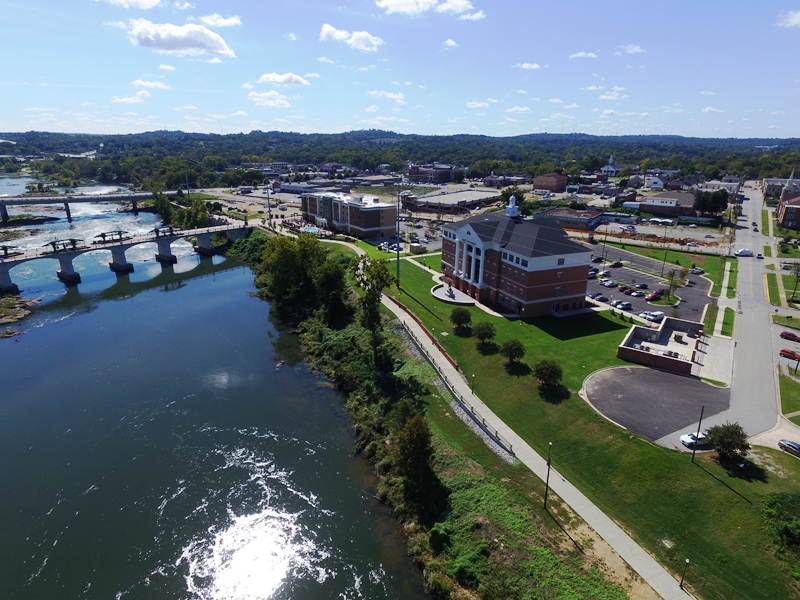The Past and Present:
Over the past two years, the US housing market has moved at a frenzied pace. The availability of new homes and resales alike have not kept up with demand. The same holds true for developed lots in residential communities. Demand has outpaced supply. As builders have churned through developed lots, the overall count of new home communities has continued to dwindle in most US metro areas resulting in a sharp increase in land prices, and bidding wars for developed lots as well as entitled land.
At the start of 2020, the market was already undersupplied with lots, and the demand for housing exacerbated the problem. Prices rose in response to these issues. Now factor in the average 24-month time period associated with taking a raw piece of land through the entitlement and development process and it’s easy to understand why developed lots and entitled land have fetched a premium since 2020.
The Future:
Current market conditions predict land prices will continue to hold steady. The underlying market for developed lots remains solid. Home buyers have not disappeared from the market, and there remains an undersupply of available homes to meet demand. Unlike 2008, there’s no subprime bubble. Lending standards have remained consistent for truly qualified borrowers. Banks are still making construction loans to builders. Absent another recession, the demand for lots should remain strong. Birmingham alone is forecasted to need 25,000 newly developed lots between now and 2027 to keep up with housing starts. Facing headwinds of increased material costs and rising interest rates, developers and builders may be assessing whether to move forward on current land deals. However, delaying new developments today will only result in a tighter market and higher lot prices for builders two years from now when those lots developed from deals inked in 2022 hit the market.
Considerations before Breaking Ground:
A lot of factors including zoning, comprehensive plans, and environmental permits, must be considered when acquiring and developing quality sites. Before undertaking any development project it is imperative to research core market data, understand the nuances of local politics and industry norms, assemble a qualified team of civil engineers, environmental consultants, and geotechnical engineers, and have experience navigating land contracts. It’s also critical to establish a budget, assess risk, and analyze returns for any land development project at an early stage. The ability to recognize an ill-fated project early on minimizes losses and can be just as important for your bottom line as identifying a great project.
Rhett Loveman, CCIM is the owner of Terramoor, a Birmingham-based firm specializing in acquisitions, entitlements, and development. Rhett is a member of ACRE’s Leadership Council.





